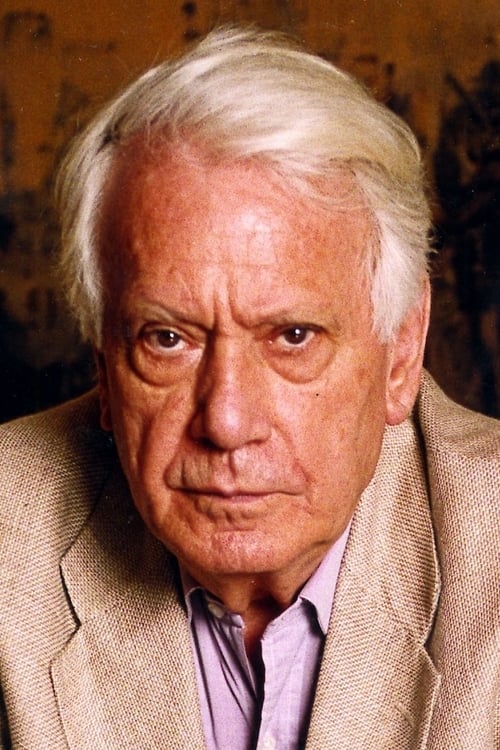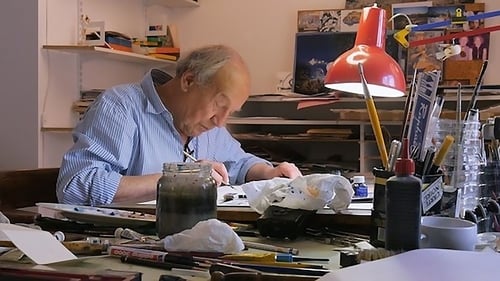Jorge Semprún
Birth : 1923-12-10, Madrid, Spain
Death : 2011-06-07
History
Jorge Semprún Maura (born 10 December 1923 in Madrid) is a Spanish writer and politician. From 1953 to 1962, during the era of Francisco Franco, Semprún lived clandestinely in Spain working as an organizer for the exiled Communist Party of Spain, but was expelled from the party in 1964. After the death of Franco and change to a democratic government, he served as Culture Minister of Spain from 1988 to 1991. He was a screenwriter for two successive films by the Greek director Costa-Gavras, Z (1969) and The Confession (1970), which dealt with the theme of persecution by governments. For his work on Z, Semprun won an Oscar. In 1996, he became the first non-French author elected to the Académie Goncourt, which awards an annual literary prize.
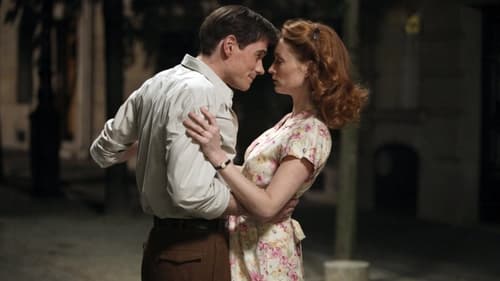
Writer

Scenario Writer
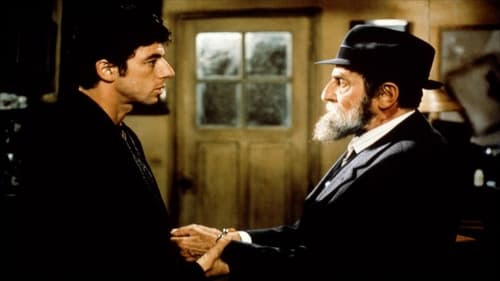
Writer
In this French crime film, set during the time of the Gulf War, an elderly German tourist is murdered in Paris by junk dealer Joseph Katz (Pinkas Braun), a friend of Paris detective Sam Bellamy (singer Patrick Bruel). Romantically involved with the victim's daughter Emma Guter (Isabella Ferrari), Bellamy covers up the crime he witnessed. Joseph then mysteriously vanishes, and Bellamy heads for Berlin where the victim's possessions are auctioned. After Bellamy finds the source of the well-hidden traffic in art stolen by Nazis from French Jews, he discovers a Nazi war criminal is blackmailing past associates. Incorporating background from journalist Hector Feliciano's Lost Museum, the film is adapted from Guy Konopnicki's novel, Pas de Kaddish pour Sylberstein (No Kaddish for Sylberstein).

Writer
In 1894, the French Army discovered the existence of a traitor Alsatian and Jewish, the French officer Alfred Dreyfus makes an ideal culprit. For lack of evidence, the War Ministry creates a damning document Dreyfus overwhelming. Judged and sentenced, Dreyfus is deported to Devil's Island. In 1896, the Army flushed out the real culprit. The truth broke out in 1898 thanks to the mobilization of intellectuals shaken by Zola's "J'accuse!"

Lui-même
A document of Perestroika, to be viewed as (nearly) unedited rushes of a voyage to Moscow, preserved by compatriot Costa-Gavras. Says Émilie Cauquy of the French Cinémathèque, "Astonishing unpublished travel diary, shot by Chris Marker in analog video on the occasion of a screening of L'Aveu in Moscow in 1990 [...] Armed with his camcorder, Marker films and records the comments, takes on the role of contemporary capital according to this unique ethnographic method that he has perfected".
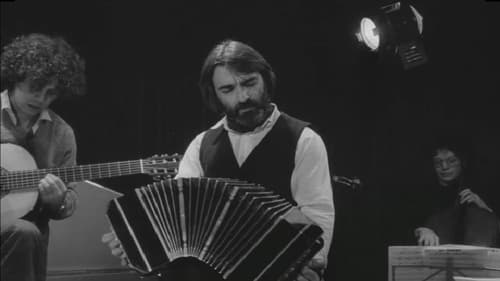
Writer
Hugo Santiago and writers Juan José Saer and Jorge Semprún move back and forth between Paris and the city of Aquilea in a shadowy fable about exile. The frontier between one city and the other begins to blur after Bandoneonist Rodolfo Mederos is visited by his sister, a member of a guerrilla organization.

Writer
The Disasters of War is a series of 82 prints created between 1810 and 1820 by the Spanish painter and printmaker Francisco Goya.
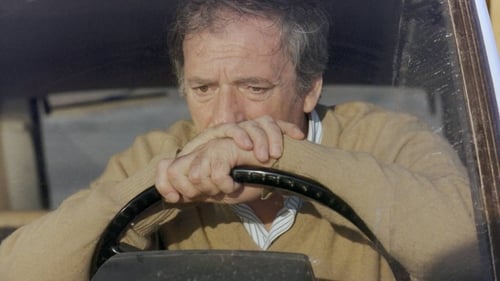
Screenplay
France, 1975. Jean, an exiled Spanish Communist, is a successful screenwriter who, after a tragic event, struggles with his political commitment, his love for his country, under the boot of General Franco, whose death he and his comrades have waited for years, and his complicated relationship with his son. (A sequel to “The War Is Over,” 1966.)
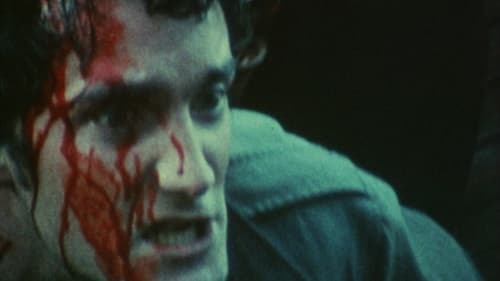
Narrator (voice)
French essay film focusing on global political turmoil in the 1960s and '70s, particularly the rise of the New Left in France and the development of socialist movements in Latin America.

Dialogue
Greece, 1936. An aristocratic woman engages in a series of loveless affairs before finding herself falling for a political activist.

Screenplay
Greece, 1936. An aristocratic woman engages in a series of loveless affairs before finding herself falling for a political activist.
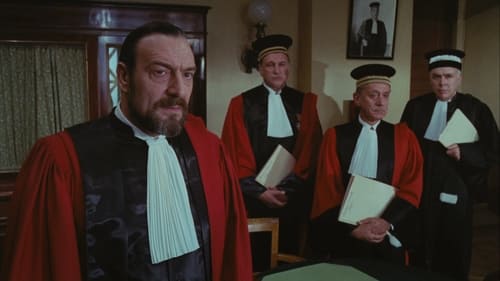
Writer
In occupied France during the WWII, a German officer is murdered. The collaborationist Vichy government decides to pin the murder on six petty criminals. Loyal judges are called in to convict them as quickly as possible.
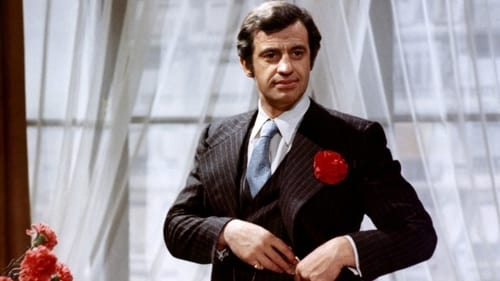
Writer
Irresistible charm and talent helps Serge Alexandre alias Stavisky, small-time swindler, to make friends with even most influential members of French industrial and political elite during the early 30s. But nothing lasts forever and when his great scam involving hundreds millions of francs gets exposed result is an unprecedented scandal that almost caused a civil war.

Writer
The two memories

Director
The two memories
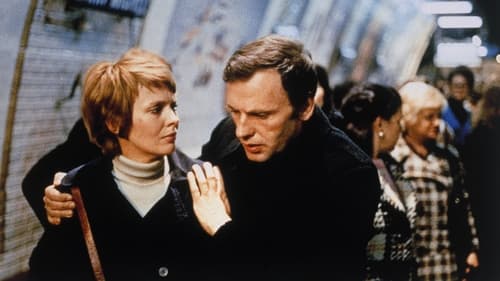
Dialogue
Sadiel, rebel leader in a North African state, takes refuge in Switzerland in the aftermath of a coup. Aware of the threat posed by Sadiel, the ruthless Colonel Kassar contacts the French security services to help in capturing the political activist. A police informer, Darien, is forced to lure Sadiel to Paris, allegedly to make a television coverage about the Third World. Arriving in Paris, Sadiel is captured and delivered to his opponents. Disgusted by the way he has been manipulated, Darien tries to turn back the clock, unknowing who’s dealing with.

Adaptation
Sadiel, rebel leader in a North African state, takes refuge in Switzerland in the aftermath of a coup. Aware of the threat posed by Sadiel, the ruthless Colonel Kassar contacts the French security services to help in capturing the political activist. A police informer, Darien, is forced to lure Sadiel to Paris, allegedly to make a television coverage about the Third World. Arriving in Paris, Sadiel is captured and delivered to his opponents. Disgusted by the way he has been manipulated, Darien tries to turn back the clock, unknowing who’s dealing with.

Self - Interviewee
Artur London was arrested in 1951 in a Stalinist purge, imprisoned and tortured for two years and forced to confess in the Slansky Trial, one of the last Stalinist "show trials" in Eastern Europe. The documentary explores some of the reasons for the controversy aroused by Costa-Gavras' The Confession, which had been accused of being anti-communist, and it highlights the political importance of filmmaking which, by its nature, is a fiction intended for the general public.
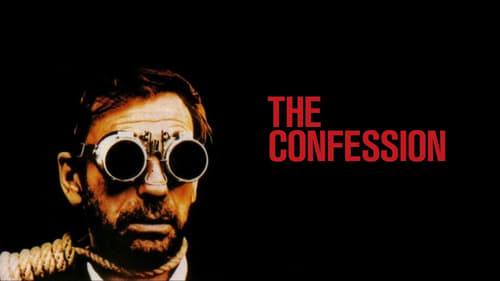
Writer
The vice-minister of Foreign Affairs of Czechoslovakia, knowing he's being watched and followed, is one day arrested and put into solitary confinement by his blackmailers.
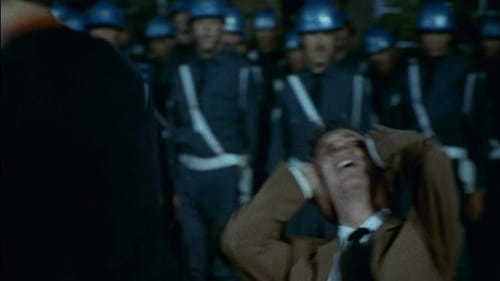
Writer
Amidst a heated political climate, the opposition leader is killed in what appears to be a traffic accident. When a magistrate finds evidence of a government cover-up, witnesses start to get targeted. A thinly-fictionalized account of the events surrounding the assassination of Greek politician Grigoris Lambrakis in 1963, Z captures the outrage about the military junta that ruled Greece at the time.
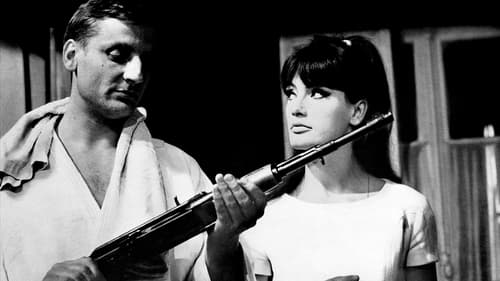
Screenplay
Reichau, a former army captain, is back in France after serving three years in prison for belonging to the OAS (Secret Armed Organization), a dissident paramilitary group during the Algerian War. Marked by his past, he does not believe in the values of his country any more. At a loss to know what to do with his life, he agrees one day to take part in a heist set up by Pierre, a pilot, the very man who gave him away in Oran. The operation, in which Yo, a gorgeous woman, participates, consists in stealing a bag containing 55 million francs during a Paris-Bordeaux flight...
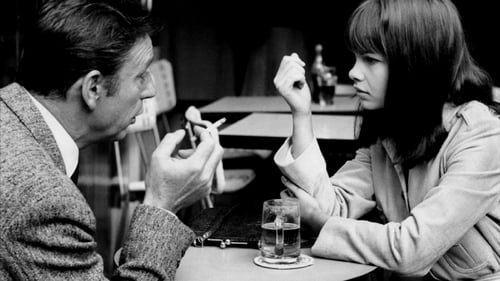
Screenplay
Diego is one of the chiefs of the Spanish Communist Party. On his way from Madrid to Paris, he is arrested at the border for an ID check but manages to get free. When he arrives in Paris, he starts searching for one of his comrade to prevent him from going to Madrid where he could be arrested.

Narrator (voice) (uncredited)
Diego is one of the chiefs of the Spanish Communist Party. On his way from Madrid to Paris, he is arrested at the border for an ID check but manages to get free. When he arrives in Paris, he starts searching for one of his comrade to prevent him from going to Madrid where he could be arrested.
